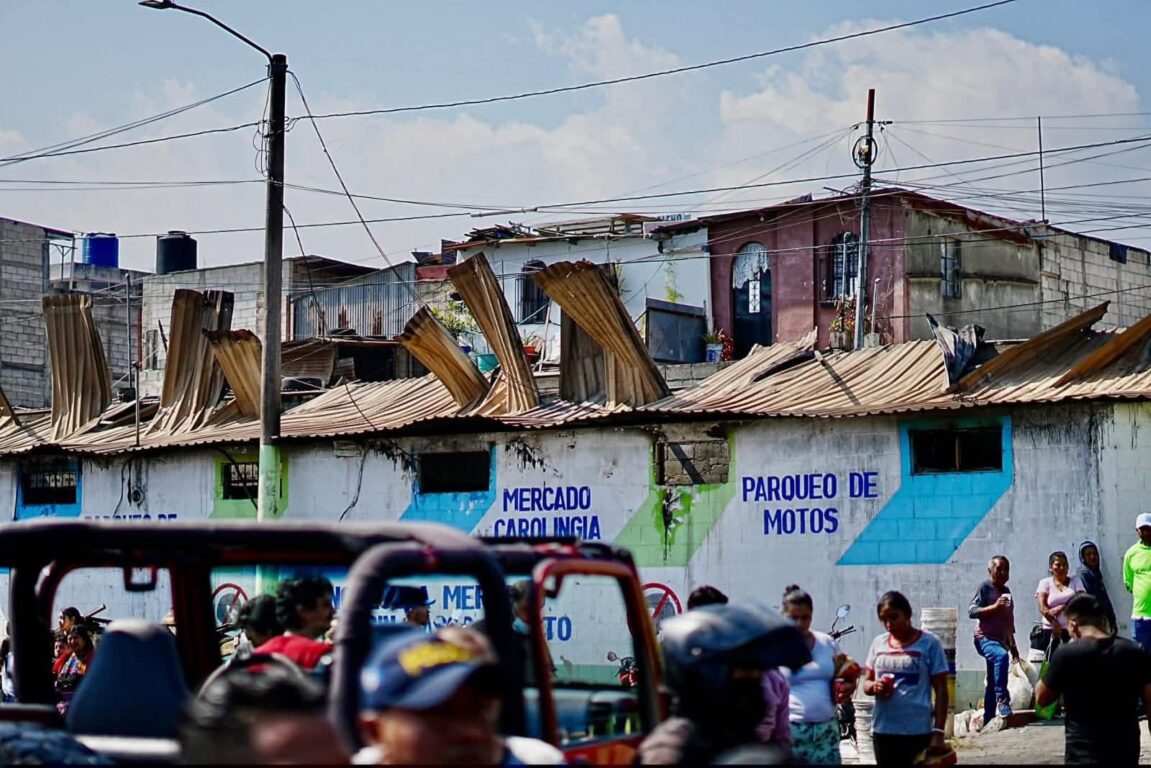3 October 2010
"The Government of India is busy making the lives of New Delhi`s poorest communities that much harder instead of giving priority to completing the infrastructure preparations for the Games. There are at least 350,000 street vendors in New Delhi. How can you clear them off the streets? What is the rational in trying to pretend that the city is entirely composed of the rich and middle-class"` said Arbind Singh, the national coordinator of National Association of Street Vendors of India (NASVI).
"The Commonwealth Games have been the cause of an intensified attack against street vendors, with evictions and harassment of vendors, street beggars and slum dwellers in the centre of New Delhi and near the sports grounds," he explained.
The National Association of Street Vendors of India (NASVI) has 400 affiliated street vendors` organisations in 22 states and is an affiliate of StreetNet International. It represents the interests of the vast population of urban vendors in India, who seek to make an honest living in the informal economy for the simple reason that there are insufficient formal employment opportunities to go round.
The Government of India adopted a National Urban Vending Policy in 2009 which is a progressive policy providing for the regulation and licensing of street vendors and the establishment of town vending committees. The legislation also foresees provisions for social security schemes for street vendors.
In New Delhi, this law has already been enacted into State law. However, and despite the existence of this vending law, many markets and trading sites have been forcibly closed. In June 2010, the Municipal Commissioner issued a blanket warning, claiming that all vendors will be evicted prior to the start of the Games.
NASVI wrote to the government and Commonwealth Secretariat on 16th June 2010, expressing concern for the situation of street vendors and calling upon the Commonwealth Games organisers and the Government of India to use the existing legislation to establish vending committees and develop policy solutions prior to the Games. Ela Bhatt, founder of the world-renowned Self-Employed Women`s Association and a member of the Elders Foundation, also wrote to the Prime Minister of India, Shri Manmohan Singh, on 7th August 2010 condemning the evictions and requesting that the vendors be integrated into the planning for the Games.
StreetNet International, the global federation of street vendors, campaigns for World Class Cities for All, so that governments and urban planners recognise and support the needs of informal economy workers,- even when the world`s sporting events arrive.
"During the South Africa World Cup, street vendors clearly lost out as they were excluded and evicted from trading sites. The same approach is being taken in New Delhi. Let`s hope that when the World Cup arrives in Brazil, the urban poor do not also live in fear for their livelihoods but finally have something to celebrate!" Pat Horn, StreetNet International coordinator concluded.


